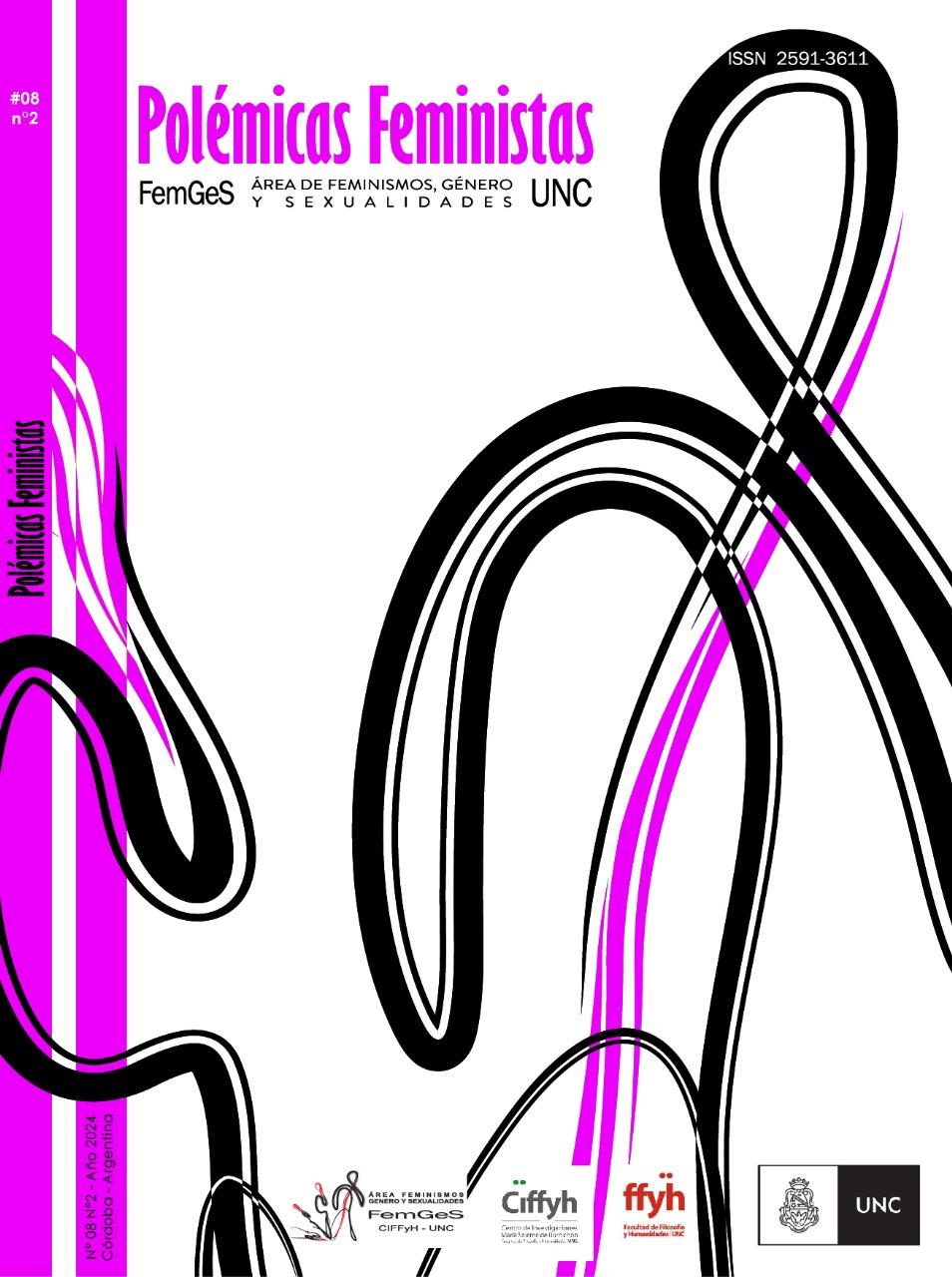Feminisms under attack: Backlash or malpractice?
Keywords:
Inclusive language, Elections, BacklashAbstract
In the current Argentinean situation and after the desolate electoral results - whose devastating effects are being the daily bread in terms of multiplied and brutal violence - there are social discourses that circulate and function with force, both binding and (dis)articulating, questioning feminisms and dissidence in what they have been provoking, in what they apparently did not take into account, in what is pending and open and unresolved, or even in what they are hindering. In this context, there are positions which, contrary to understanding the attacks on feminisms as a backlash - that is, as an adverse reaction on the part of the conservative sectors that historically oppose them, a counterattack on their transformative achievements - tend to challenge feminist and sex-dissident agendas as radical, decontextualised and/or ‘piantavotos’. Other readings point to problems in priorities: the centrality of abortion legalisation is recognised, in some cases also of gender-inclusive language, but it is also pointed out that, in this context, there are other social and economic priorities; in colloquial terms, the priority is to ‘stand the pot, not to talk with 'they’. In this context, where the banners of equality and social justice are openly questioned, what struggles and principles do you think we should prioritise in order to strengthen collective action and create a feminist present? What kind of freedom are we building? And, specifically, would you say that in this context it is necessary to de-centre the prominence that the discussion on inclusive language has acquired or, in reality, privileging such a demand represents today an unavoidable expression of resistance?
Downloads
Downloads
Published
Issue
Section
License
Copyright (c) 2024 Carolina Aphesteguy, Amparo Agüero Solís, Lucia Bonafe, Delia Ferro, Rocio García Garro, Natalia Monasterolo

This work is licensed under a Creative Commons Attribution-NonCommercial-ShareAlike 4.0 International License.
From 2022: Attribution - Non-Commercial - Share Alike (CC BY- NC- SA 4.0)
From 2011 to 2021: Attribution - Non-Commercial - No Derivative Works (CC BY- NC- ND)






